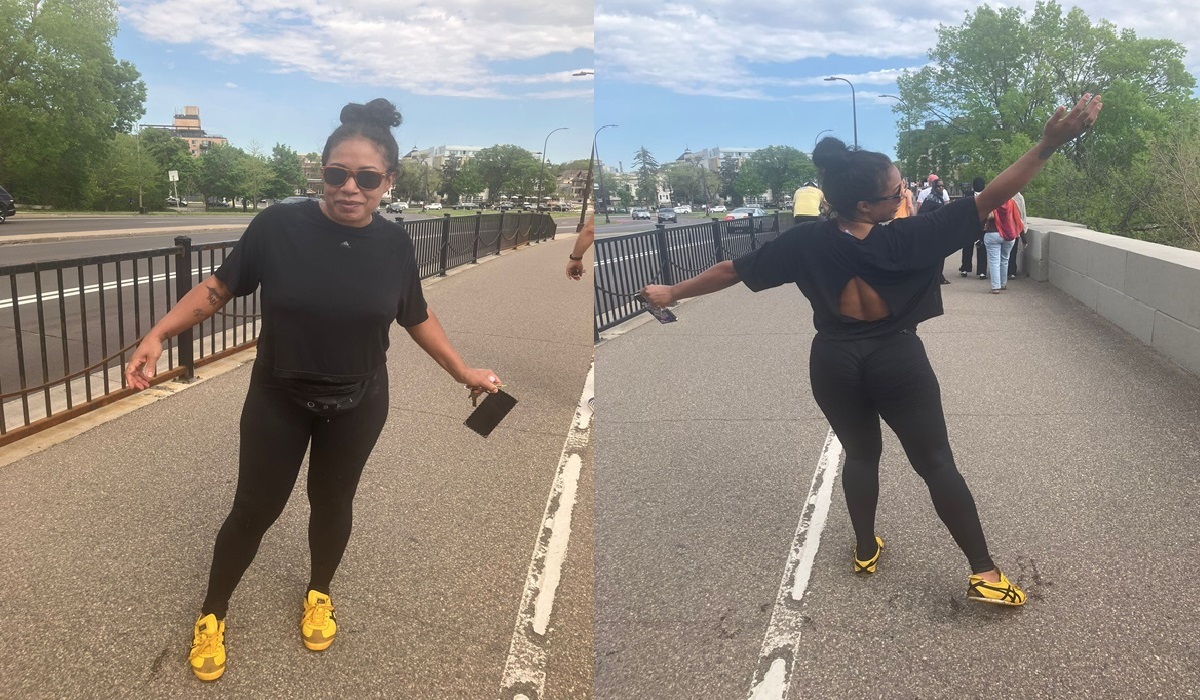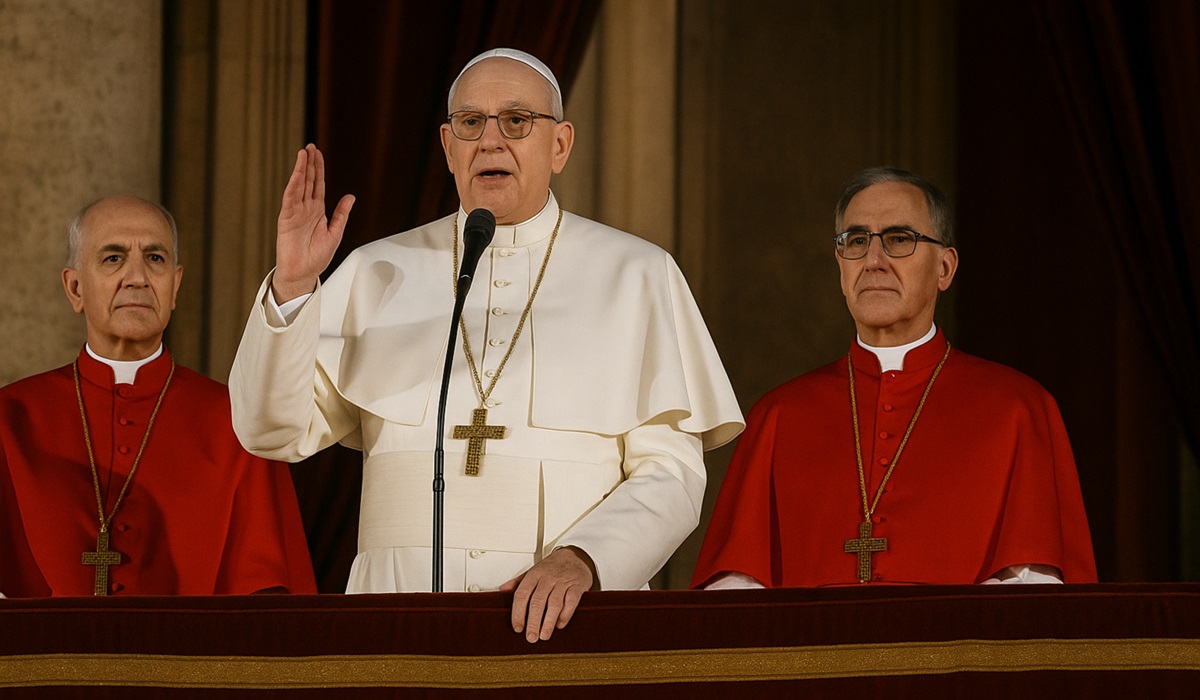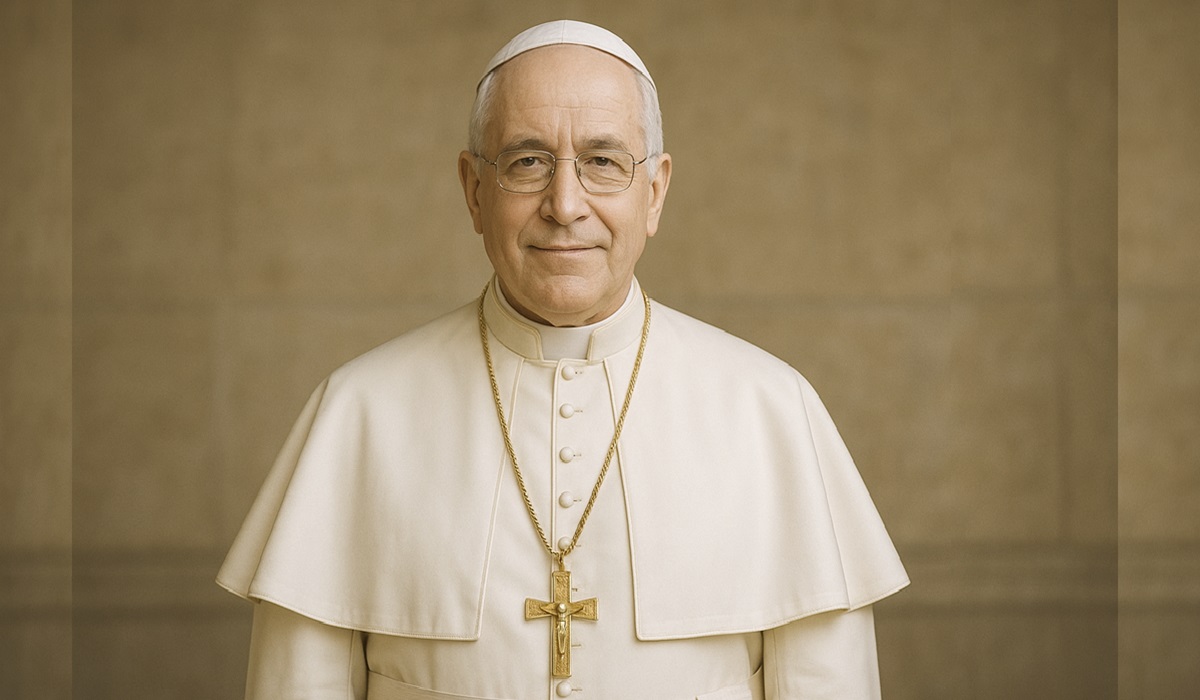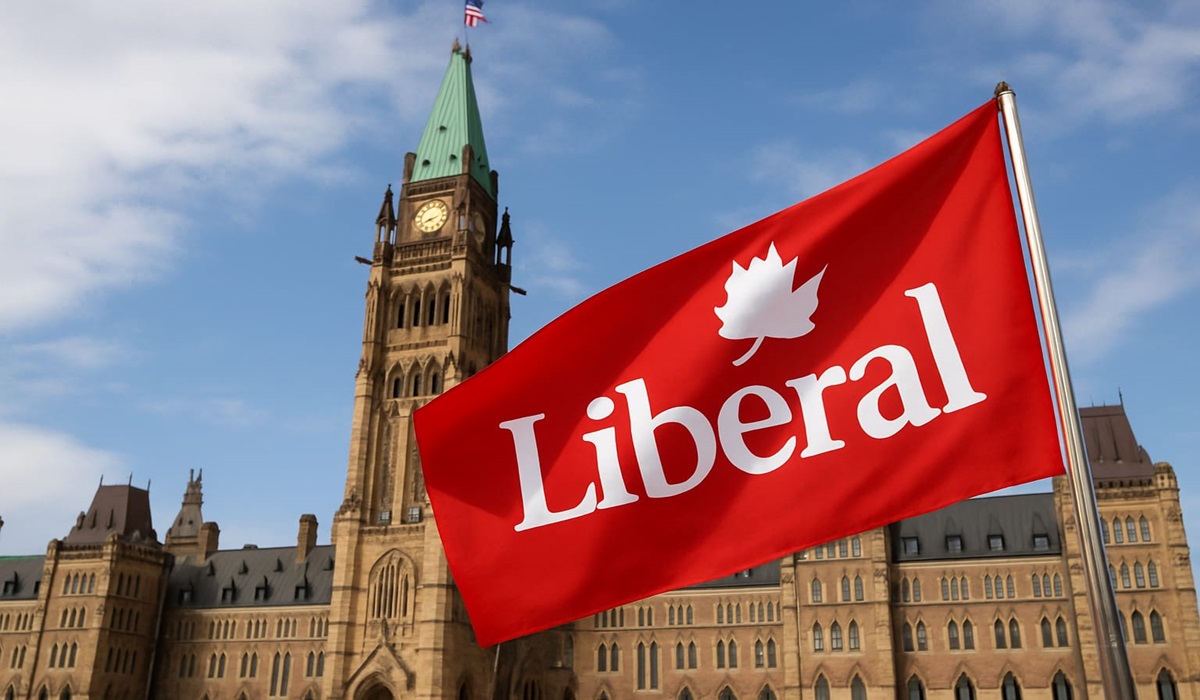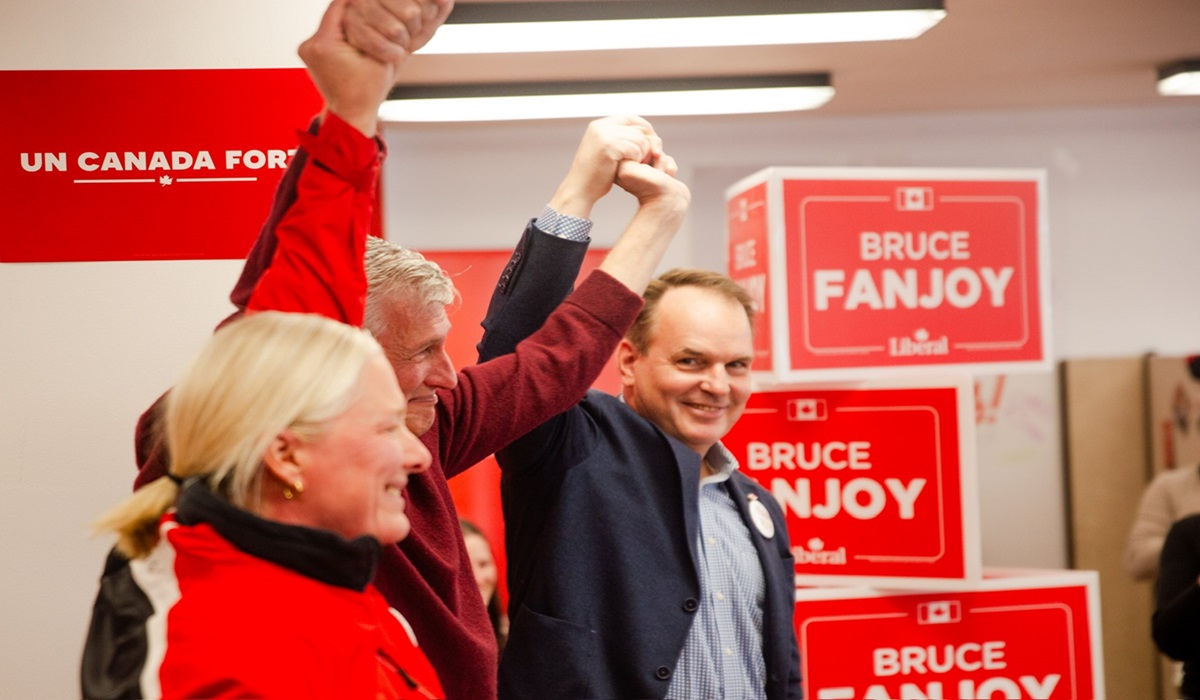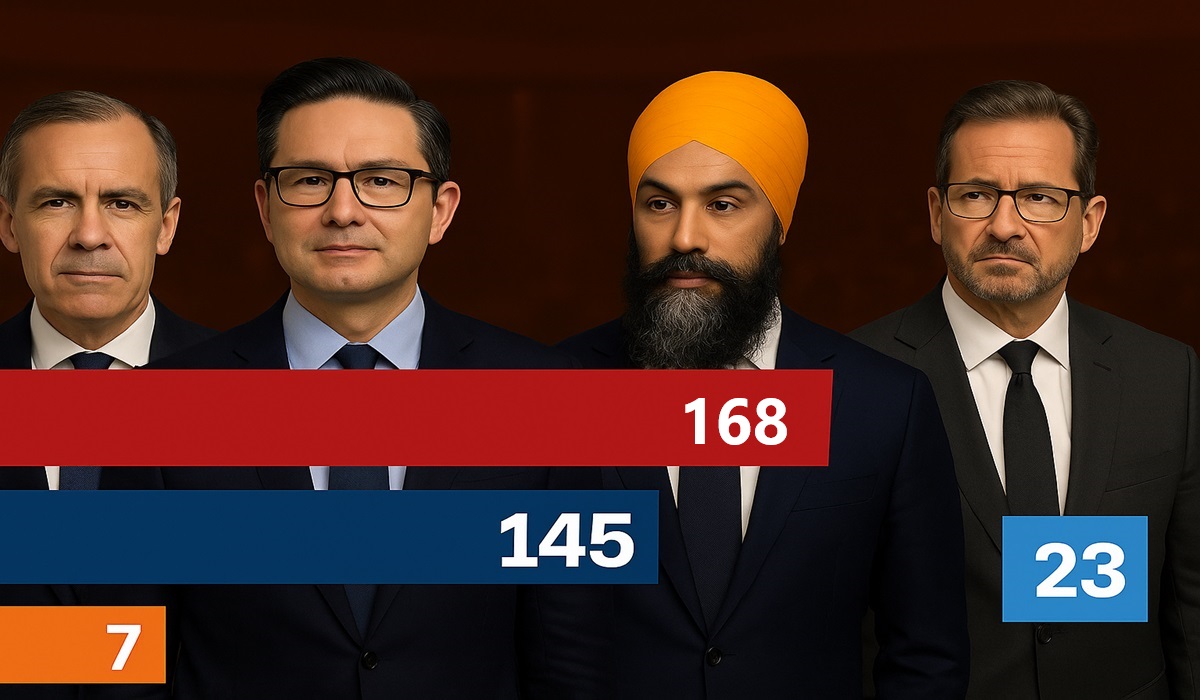The Moral Imperative: Electing Leaders Who Bend the Arc Towards Justice
- TDS News
- Breaking News
- May 28, 2024
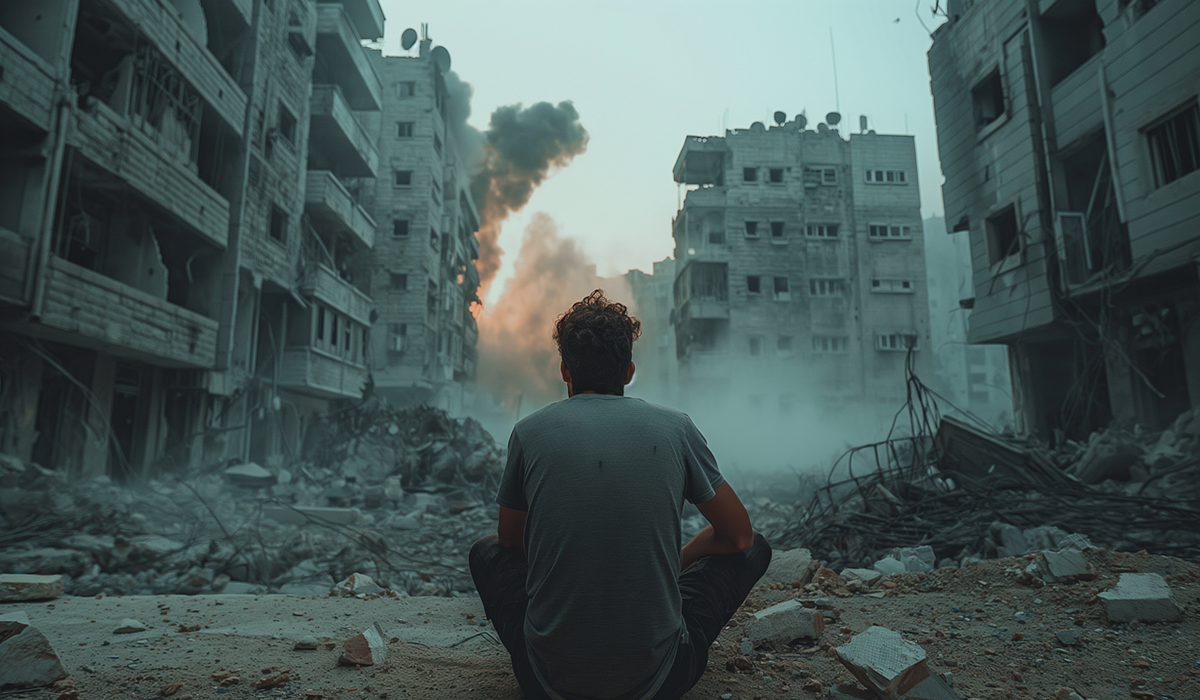
Dr. Martin Luther King Jr. famously invoked abolitionist Theodore Parker’s quote: “The arc of the moral universe is long, but it bends towards justice.” This sentiment compels us to examine its meaning in today’s complex political landscape.
Leaders often prioritize their agendas over justice. They claim to champion these ideals but obstruct progress, mislead the public, and exploit opportunities for personal gain. The ongoing humanitarian crisis in Gaza and Rafah, exacerbated by powerful nations’ support, exemplifies this.
Years of relentless conflict in Gaza and Rafah have inflicted unimaginable suffering. Homes are destroyed, families are fractured, and basic necessities are scarce. The international response is fragmented, prioritizing self-interest over human rights.
The United States, a self-proclaimed beacon of democracy and human rights, plays a troubling role. Military aid and political backing to Israel effectively support actions that cause Palestinian suffering. This support continues despite documented human rights violations and the disproportionate use of force against civilians. The U.S. justifies its stance under the guise of protecting an ally and regional stability, but it often fuels the conflict and undermines peace efforts.
This situation raises questions about our leaders’ integrity. If those entrusted with upholding justice perpetuate unfairness, how can we believe in the “arc bending towards a better world”? Their actions actively participate in a system that prioritizes power and geopolitical interests over human lives and dignity. The suffering in Gaza and Rafah is a stark reminder that justice isn’t automatic; it requires deliberate and courageous action from those in power.
The complicity of other nations is equally concerning. Countries that remain silent or offer weak condemnations while profiting from arms deals are culpable. Their inaction exposes a disturbing truth: the pursuit of justice is being hijacked by those prioritizing self-interest.
Dr. King’s words challenge us to redefine a fair society and the kind of leaders we need. We can’t passively hope for justice; we must actively elect leaders committed to bending the arc in the right direction. This means holding them accountable for actions contributing to human suffering.
In democracies, the power to elect leaders lies with the people. It’s both a privilege and a responsibility. To ensure the arc bends towards a fairer world, we must be vigilant in our choices, prioritizing candidates committed to human rights and equity. We must also be prepared to challenge and remove those who obstruct these principles. Democracy is an ongoing process requiring active participation and constant scrutiny from its citizens.
The crisis in Gaza and Rafah is a call to action for all who believe in fairness. It reveals the challenges on the path to a fairer world and how those in power can be the biggest obstacles. Yet, it’s also a testament to the resilience of those fighting for their rights despite overwhelming odds.
As global citizens, we must amplify the voices of the suffering and demand accountability from our leaders. We must reject divisive and oppressive politics and embrace a vision where fairness is a reality for all. This requires a collective effort, transcending borders and affiliations, united by a shared commitment to human dignity and equity.
The arc of the moral universe may be long, but it doesn’t bend on its own. It requires our collective will to steer it in the right direction. We must recognize the power we hold as citizens and wield it responsibly, with unwavering commitment to human rights and equity.

